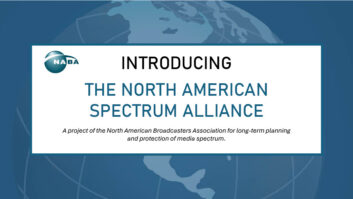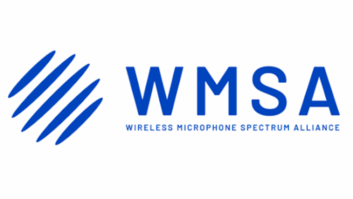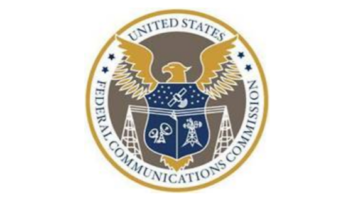In case there were any doubts about his feelings on a proposed filing window that would allow AM stations exclusively to apply for FM translators, FCC Chairman Tom Wheeler made things clear today.
Pressed by a journalist in a press conference after the FCC open commission meeting, Wheeler said curtly that it’s not the policy of the commission to give away free spectrum.
“The [radio broadcast] industry came to us and said ‘Here are the kind of technical modifications that we need to the rules in order that we can function better,’ Wheeler said. “I think those [requests] make a lot of sense and we should be helping them do that.”
But, he said, then came a second request that was tagged onto the first. “There was also, ‘Let us tag onto this [a request for] some free spectrum. Everybody has the right to ask for free spectrum, but it’s not the general policy of this agency to give away free spectrum.”
The industry continues to wait for the commission to act on AM revitalization, and lately the agency staff has been considering a possible waiver of rules limiting how far existing translators can move. AM advocates have said that would not be sufficient.
Commissioner Ajit Pai pushed back against the chairman’s assessment of the move as a giveaway.
“The AM translator window is a critical part of the revitalization effort,” he said in response to a reporter’s question. ”It was a core proposal for the commission in October 2013 when we unanimously adopted the Notice of Proposed Rulemaking.” Pai recited a tale from a Kansas broadcaster who said acquiring a translator boosted advertising revenue and listener levels because the station and the ability to reach people during drive time.
“The AM translator window … is not a giveaway,” Pai said. “To the contrary, it is giving a broadcaster a chance to do what they do best … and that’s something I really believe is critical if we are going to revitalize AM radio.”
Pai also addressed the proposed 250-mile waiver issue, saying that this option would be unworkable and unfair. ”Unworkable in part because it sweeps in a huge array of market places” when that 250-mile radius is added into the equation. A low-power broadcaster in Massachusetts may find that his 250-mile radius puts him within the high-revenue market of New York City. “He said, ‘If I have to compete with AM broadcasters in New York City which is within 250 miles to get a translator – some of which are high-revenue stations in the biggest market – there is no hope for me,’” Pai said in repeating the story.
“So I’m certainly hopeful we do not separate out the translator window,” Pai added. “Let’s just do what I think the industry, what Congress and what many commissioners want, which is to establish a translator window administered by our rules, and let’s revitalize AM radio.”
Pai said his offices is still negotiating with other commissioners’ offices and will continue to hear from outside parties. “I’m hopeful in short order we will revitalize AM radio, including the translator window.”







